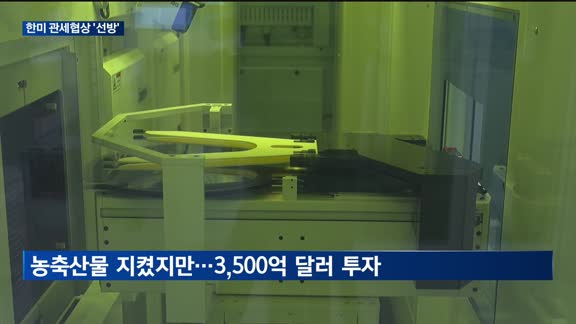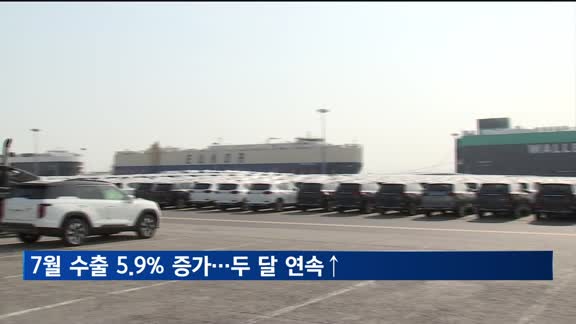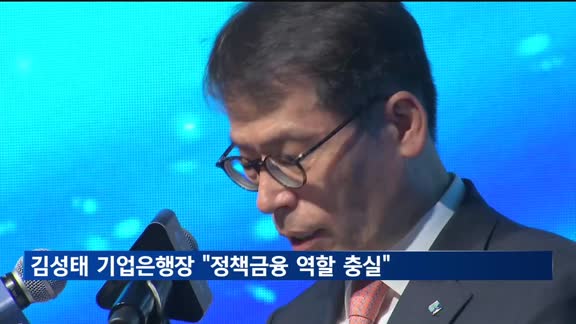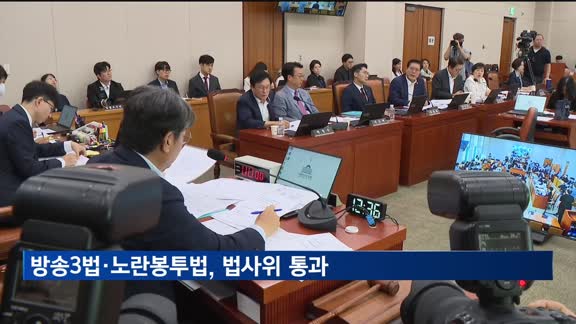 |
| (Yonhap) |
These measures were unveiled after the National Policy Planning Committee, which serves as a presidential transition team for the Lee Jae-myung administration, received policy briefings from the Ministry of Economy and Finance, Ministry of Science and ICT, Ministry of SMEs and Startups, and others on Wednesday. The goal is to actively support advanced industries such as AI, semiconductors, and biotechnology to discover new growth engines amid a period of low economic growth.
Under the plan, the Ministry of Economy and Finance will classify AI data centers as facilities for national strategic technology commercialization and expand related tax incentives. The government currently provides a 15 to 25 percent tax credit on investments in eight designated fields, including semiconductors and secondary batteries, and it now plans to expand the scope of support to include the AI sector as well.
The Ministry of Science and ICT plans to establish an inter-ministerial policy office to act as a control tower for AI policy and to foster an AI semiconductor ecosystem to serve as an alternative to graphics processing units (GPUs).
This move aims to materialize Lee’s campaign pledge of investing 100 trillion won in strategic industries and to significantly expand related policy financing. The government initially planned to establish a 50 trillion won advanced industry fund under the Korea Development Bank (KDB) to support areas such as secondary batteries, robotics, and defense, and now aims to further scale up the fund with the participation of pension funds and others.
“The new administration began with the goal of achieving ‘real growth,’” Lee Han-joo, the chair of the committee, said. “Rather than focusing on demand-led strategies or construction-oriented growth, we must lead and innovate in the global market through our own technologies.”
The government will implement measures to boost consumption, such as increasing the credit card income deduction rate for small business owners, at the same time as it aims to respond to the economic situation by supporting both new growth industries and domestic demand.
In its report to the committee, the Ministry of Economy and Finance proposed raising the credit card income deduction cap based on the number of children and expanding the basic tax deduction per child. It also proposed including childcare facility fees in the education expense tax credit category.
화제의 뉴스
오늘의 이슈픽
인기 영상
가장 많이 본 뉴스
- 1[내일날씨] 전국에 많은 비…낮 최고 29~34도
- 2현대차, 미국 판매량 7만9천대 '15%' 증가…기...
- 3대주주 기준 놓고 공방…진성준 "주식시장 안무너진다...
- 4미국 7월 고용 7만3천명 증가…5~6월 고용 대폭...
- 5트럼프, 고용쇼크에 "바이든 정무직이 통계조작"…담...
- 6미 '고용충격'에 월가, 금리인하 기대 커져…9월 ...
- 7손흥민, 토트넘과 결별 발표…"올해 여름 끝으로 떠...
- 8케데헌 OST '골든' 영국 싱글차트 1위
- 9외국인 코스피 순매수액 1년 5개월 만에 '최대'
- 103~4일 수도권 최대 150㎜이상 많은 비
투데이 포커스
화제의 뉴스
포토뉴스


![[네트워크 365]광명시, '안양천 지방정원 시민참여정원 1기' 모집](https://imgmm.mbn.co.kr/vod/news/103/2025/07/31/20250731163453_10_103_0_MM1005626577_4_16.jpg)
![[네트워크 365]부산시·해수부 노조,"해양수도 조성" 한 목소리](https://imgmm.mbn.co.kr/vod/news/103/2025/07/31/20250731163422_10_103_0_MM1005626578_4_16.jpg)










